
In an interview with CancerNetwork®, Eran Ben-Ayre, MD, spoke about guidelines for clinicians treating patients by way of telehealth during the pandemic, and how they can be adapted for future practices.

Your AI-Trained Oncology Knowledge Connection!


In an interview with CancerNetwork®, Eran Ben-Ayre, MD, spoke about guidelines for clinicians treating patients by way of telehealth during the pandemic, and how they can be adapted for future practices.

CancerNetwork® spoke with Debra Patt, MD, PhD, MBA, about the role of telehealth in caring for patients with cancer during the COVID-19 pandemic and beyond.

The Association for Clinical Oncology cites expanded patient access and health equity as reasons for implementing broader telehealth coverage across the United States.
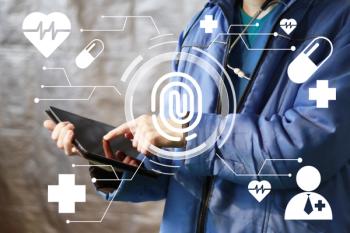
Treatment care changed in the face of the COVID-19 pandemic as necessary virtual visits are proving to be more comfortable and safer for many Veteran patients and survivors of cancer.
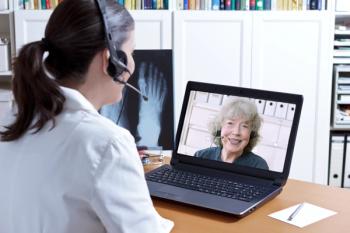
The results of a study on telehealth give insight into both the potential barriers and possible benefits of these services, which have been widely utilized since the start of the COVID-19 pandemic.
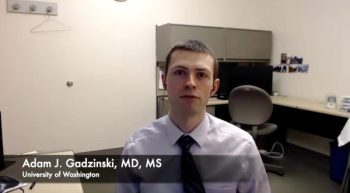
The expert in urologic oncology spoke about new innovations that he believes will aid in treating patients with urologic cancers.

An expert in urologic oncology seeks to answer further questions regarding the use of telemedicine for this patient population.
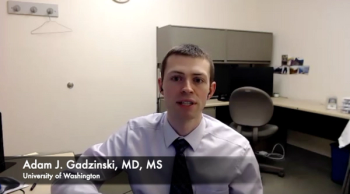
Study results revealed the impact of a rurally focused telemedicine program on patient outcomes.

The study was designed to determine the impact of a rurally focused telemedicine program on patient outcomes.
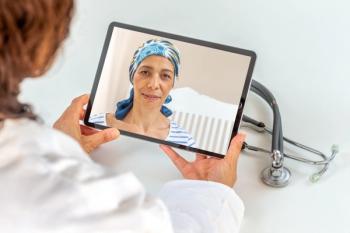
This study revealed that reliability, or patient interpretation of telemedicine as a substitute for in-person visits, of the platform was of the greatest concern to all patients.
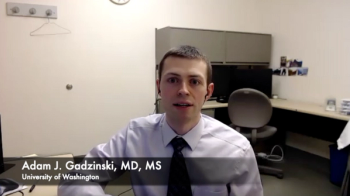
The study assessed the impact of a rurally focused telemedicine program on patient outcomes in the urologic oncology outpatient clinic at the University of Washington Medical Center.
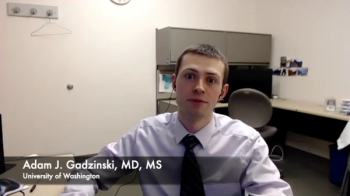
The study sought to determine the impact of a rurally focused telemedicine program on patient outcomes.

A study presented at the 21st Annual Meeting of the Society of Urologic Oncology found that the implementation of telemedicine was able to significantly reduce or eliminate travel and financial burdens for patients seeking quality urologic cancer care.
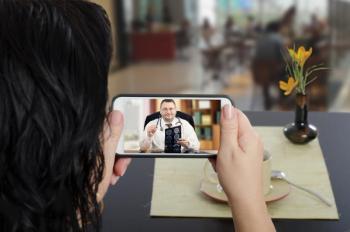
Research presented at the 21st Annual Meeting of the Society of Urologic Oncology found organized telehealth systems effectively lessened the impact of the coronavirus disease 2019 pandemic on appointment cancellations.
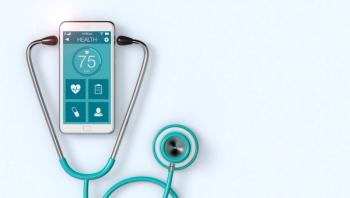
Researchers utilized the Seamless MD app to aid in ERAS protocols for patients undergoing radical cystectomy, while mitigating risks from in-person visits during the COVID-19 pandemic.

Ahlstrom explained the necessity of offering patients with cancer telehealth opportunities and what patients with cancer will lose should telehealth waivers expire.

Researchers indicated it is important to recognize these disparities that exist among racial and ethnic minorities in order to ensure routine and follow-up cancer care is delivered, even during the COVID-19 pandemic.

Researchers found that patients who participated in virtual follow-up visits benefitted by spending less time waiting at and traveling to the clinic for in-person appointments.
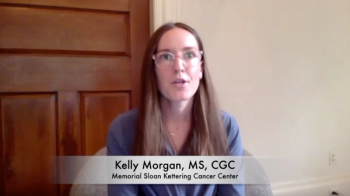
The MSK expert discussed how telemedicine may change genetic testing and its access for patients.

The MSK expert explained that pre- and post-test education on genetic testing also improved family discussions about their risk.

The MSK expert explained that pre- and post-test educatin on genetic testing could help patients and providers alike to better understand the results.
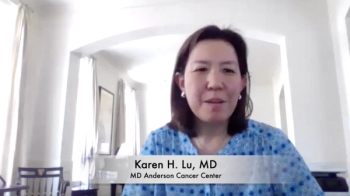
The MD Anderson Cancer Center expert discussed further research in delivering online accessible genetic testing.

The MD Anderson Cancer Center expert spoke about the key takeaways from a trial designed to test whether pre and/or post-test genetic counseling is needed to optimally deliver online accessible genetic testing.

Data from an abstract presented at the 2020 ASCO Virtual Scientific Program found that in-person visits at the University of Washington Urology Clinic were more time consuming and expensive for out-of-state patients and patients living in rural areas than telemedicine visits.
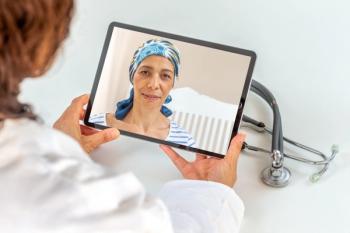
Researchers examined the effectiveness of telehealth in addressing rural-urban disparities in cancer care by establishing and analyzing synaptic knowledge networks presented at the 2020 ASCO Virtual Scientific Program.

Researchers indicated that these results support the use of telemedicine as an improved model for patient care during adjuvant chemotherapy.

It was suggested that telemedicine for patients in an interventional radiology group increases access to care and allows for more efficient use of physician time and resources.
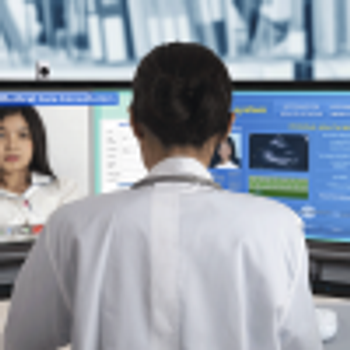
It was suggested that telemedicine for patients in an interventional radiology group increases access to care and allows for more efficient use of physician time and resources.
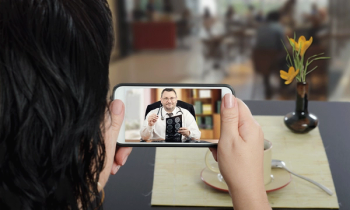
The associate professor of Medicine spoke about the use of of telemedicine in genetic counseling before the COVID-19 pandemic, how it is used today, and how telemedicine may be utilized in this space moving forward.
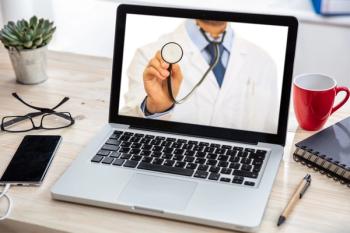
Baum spoke about the transition to telemedicine as a result of COVID-19 and the best practices for using the platform moving forward.